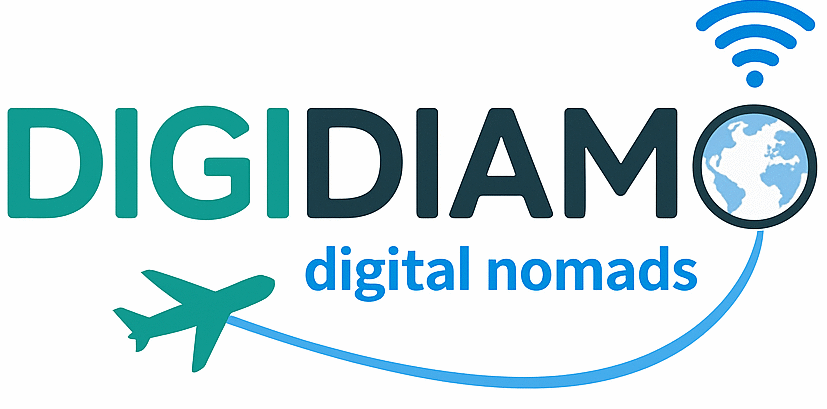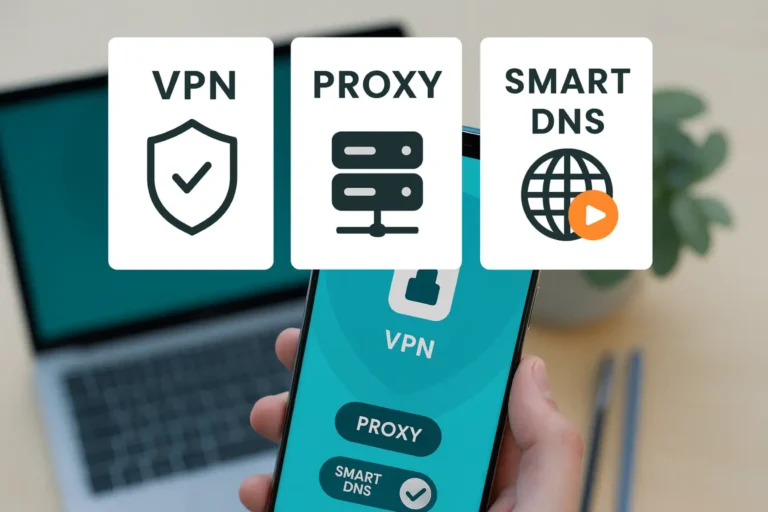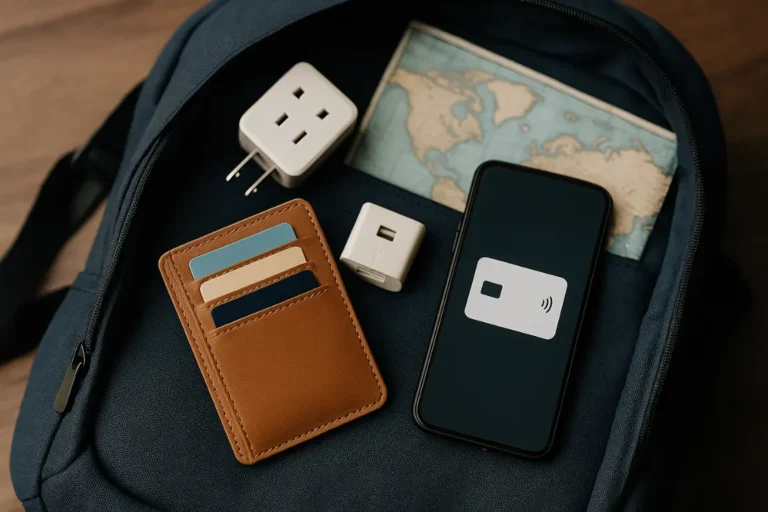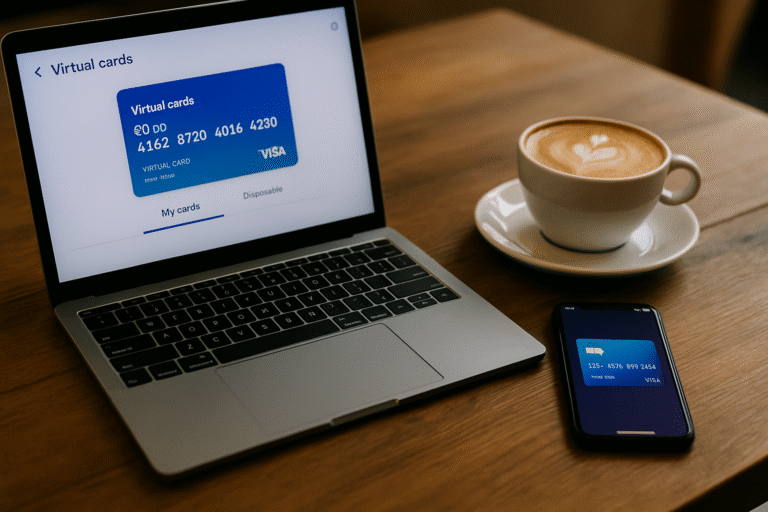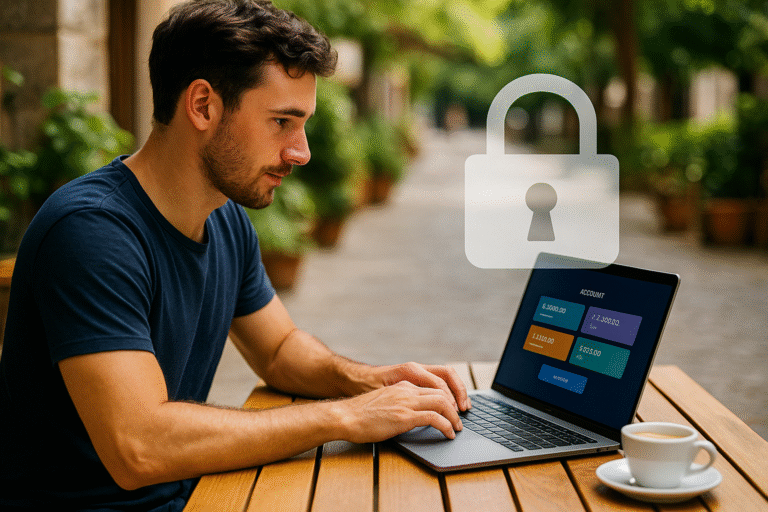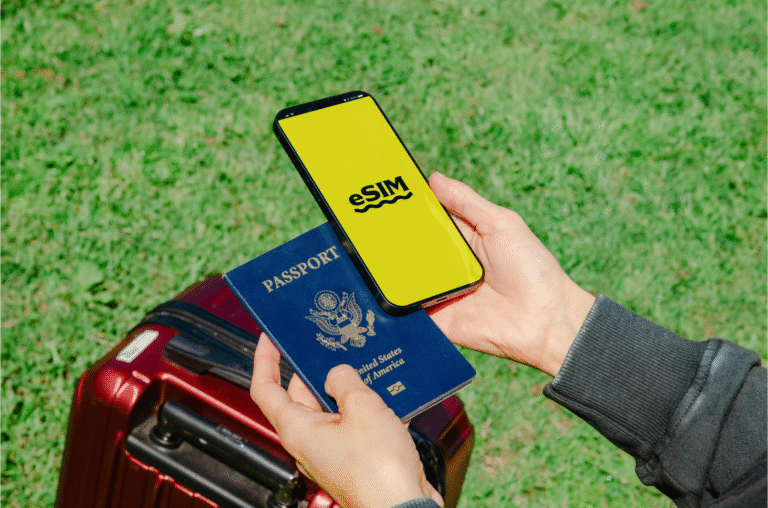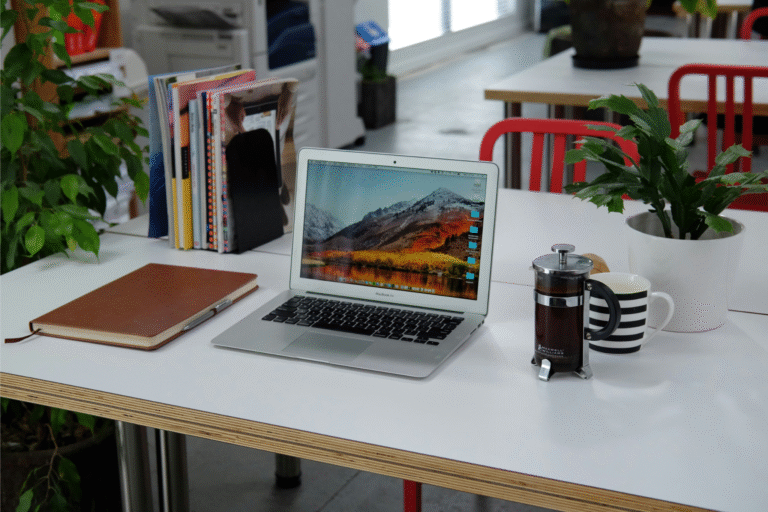VPN questions digital nomads ask in 2025
Over the years of traveling and working abroad, I’ve met countless digital nomads in cafés, coworking spaces, and airports. One topic that always comes up is VPNs. Everyone agrees they’re essential, but many still have doubts. Is it legal to use one? Do they slow down the internet? Can a single subscription protect all devices? These are the kinds of questions I’ve asked myself too, and after years of practice I’ve found clear answers. If you want a wider look at why VPNs matter for nomads, the complete guide on VPNs for digital nomads covers it in depth.
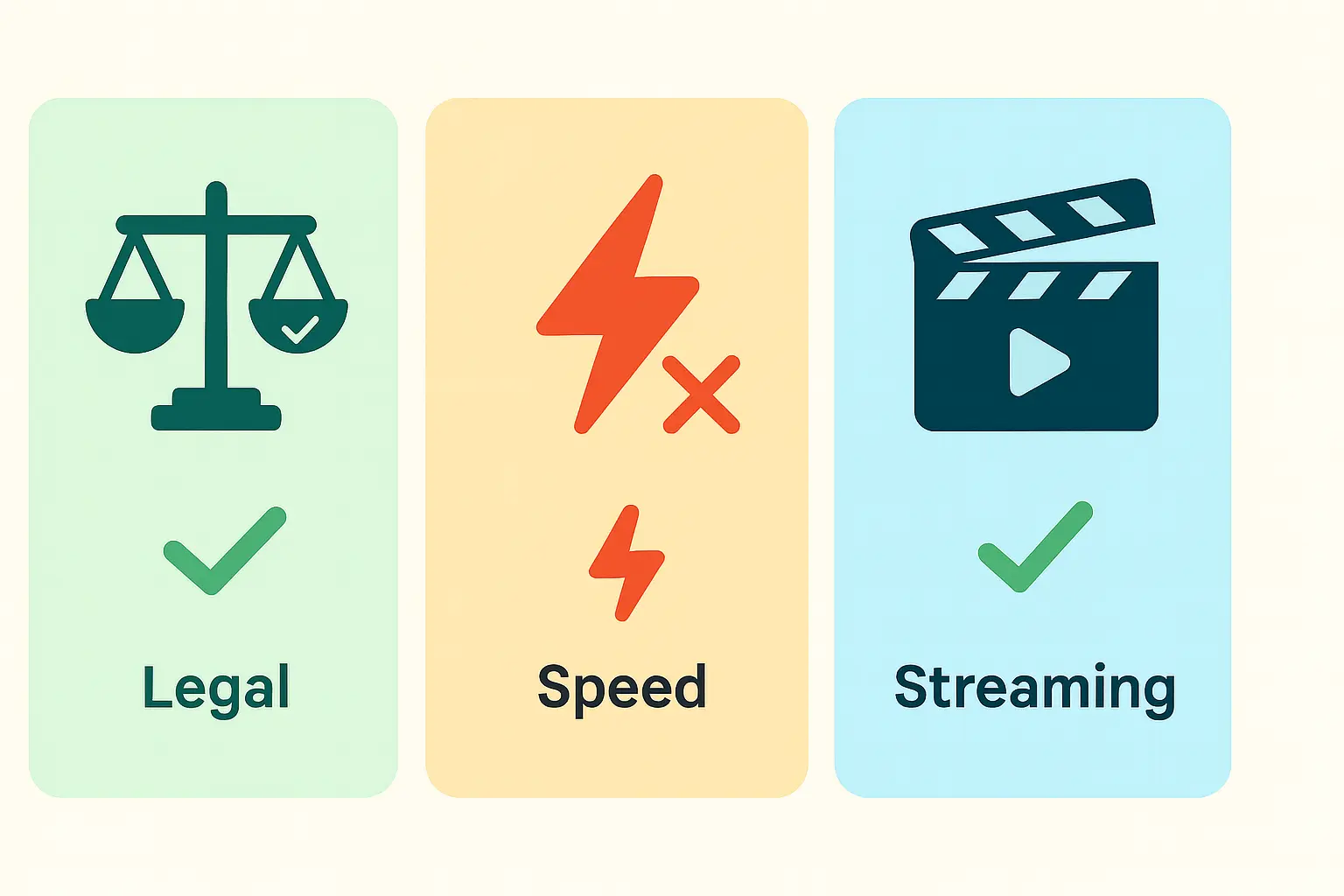
Is it legal to use a VPN while traveling?
In most countries, yes. VPNs are perfectly legal for personal use, work, and online privacy. Many businesses even require employees to connect through VPNs. The only exceptions are countries with strict internet controls, where VPN use may be limited or restricted. Even there, travelers are rarely targeted for simply securing their own data.
When in doubt, it’s smart to check local rules, but for digital nomads moving through Europe, North America, South America, and much of Asia, VPN use is safe and legal.
Does a VPN slow down internet speed?
This is one of the biggest concerns. The truth is that encryption adds a small layer of processing, and your traffic takes an extra hop through the VPN server. This can reduce speed slightly. On strong networks you might not notice, but on weak hotel Wi-Fi it can be more visible.
Good VPNs use modern protocols like WireGuard that keep speed high. For example, when I tested NordVPN and Surfshark in Southeast Asia, both kept my Zoom calls smooth without interruptions. Choosing servers closer to your location also improves performance.
Can I use one VPN subscription on multiple devices?
Yes. Most VPN providers allow at least five devices per plan. This covers your laptop, phone, and maybe a tablet. Some services like Surfshark even offer unlimited device connections, which is ideal for nomads who travel with several gadgets or share with a partner.
I usually connect both my phone and laptop at the same time. This way, whether I’m working in a café or checking maps on the street, my data stays private.
Which VPNs work best for Netflix and streaming abroad?
Not every VPN can bypass streaming restrictions. Platforms like Netflix and Disney+ actively block VPNs. However, the top providers ExpressVPN, NordVPN, and Surfshark consistently unlock content from different regions.
I tested this while staying in Turkey. Without a VPN, my Netflix catalog was limited. With a VPN connected to a French server, I regained access to shows from home. For nomads who want entertainment on the road, this is a big plus.
Do I need a VPN for remote work platforms?
It depends on the platform. Tools like Slack, Trello, and Zoom don’t require VPNs to function, but using one adds security. When working on public Wi-Fi, a VPN protects conversations, shared files, and login details.
During a project in South America, I noticed that connecting through a VPN not only kept my files secure but also made Zoom calls more stable when routed through nearby servers. For client confidence and peace of mind, I always keep the VPN on while working.
How much does a VPN cost per month?
The price varies by provider and subscription length. On average:
- Monthly plans: $8–$12
- Yearly plans: $3–$5 per month
- Multi-year plans: As low as $2 per month
Most services include a 30-day money-back guarantee, so you can test them risk-free. Compared to the risks of data theft or losing access to accounts, the cost is small. I think of it as insurance for my online life.
Are free VPNs a good option for nomads?
Free VPNs exist, but they come with limits: fewer servers, slower speeds, and in some cases, questionable privacy practices. Some make money by selling user data, which defeats the purpose.
I tried one free VPN early in my travels and quickly dropped it after constant disconnects. Paid VPNs remain affordable and far more reliable. If budget is tight, ProtonVPN offers a free version with strong privacy, but speeds are limited.
What happens if my VPN doesn’t connect abroad?
Occasionally VPNs face restrictions in certain regions. If this happens, you can:
- Switch protocols (OpenVPN, WireGuard, IKEv2)
- Try different server locations
- Update the app to the latest version
- Contact customer support for recommended servers
I once struggled to connect in the Middle East, but a quick chat with ExpressVPN support gave me working server options within minutes.
Do VPNs work on mobile data?
Yes. VPNs work on both Wi-Fi and mobile networks. In fact, using them on mobile data is smart, since carriers also track browsing activity. The only trade-off is a small increase in battery use when running continuously.
I often keep mine on while navigating new cities or working tethered through mobile data. The difference in speed is barely noticeable with a good provider.
Final thoughts
Digital nomads rely on VPNs daily, but it’s normal to have questions about legality, speed, and practicality. The good news is that modern VPNs are designed to be easy, affordable, and secure enough for both work and travel. For me, the peace of mind is worth every cent.
If you’re wondering which features matter most when choosing one, read about the essential VPN features digital nomads should look for.
